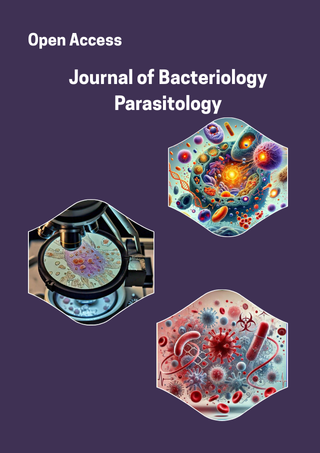Indexed In
Google Scholar
DOAJ
CrossRef
PubMed
MEDLINE
ResearchBib
OAJI
Sindexs
Index Copernicus
EBSCO A-Z / Host
OCLC - WorldCat
DOAJ
CrossRef
PubMed
MEDLINE
ResearchBib
OAJI
Sindexs
Index Copernicus
EBSCO A-Z / Host
OCLC - WorldCat
Journal Flyer

Journal Highlights
Useful Links
Recommended Journals
Open Access Journals
Journal of Mental Health and Psychiatry
Journal of Cancer Chemotherapy
Journal of Pediatrics Neonatal Biology
Journal of Women Health
Journal of Drug Discovery and Research
Journal of Genetics and Molecular Biology
Journal of Dental Sciences
Journal of Bacteriology Parasitology
Journal of Biology and Medicine
Journal of Fermentation Technology
Journal of Plant Pathology
Journal of Stem cell Research and Therapy
Journal of Medical Intelligence and Digital Health
Helminthology
Helminthology is the study of parasitic worms, including roundworms (nematodes), flatworms (trematodes), and tapeworms (cestodes). These parasites can infect humans and animals, often living in the intestines, blood, or tissues. Helminth infections are common in tropical and subtropical regions with poor sanitation. They can cause diseases such as schistosomiasis, ascariasis, and echinococcosis. Diagnosis typically involves stool examination, blood tests, or imaging techniques. Helminths can affect growth, nutrition, and immune function, especially in children. Treatment usually includes anthelmintic medications like albendazole or praziquantel. Helminthology is vital for understanding parasitic diseases and improving public health.

